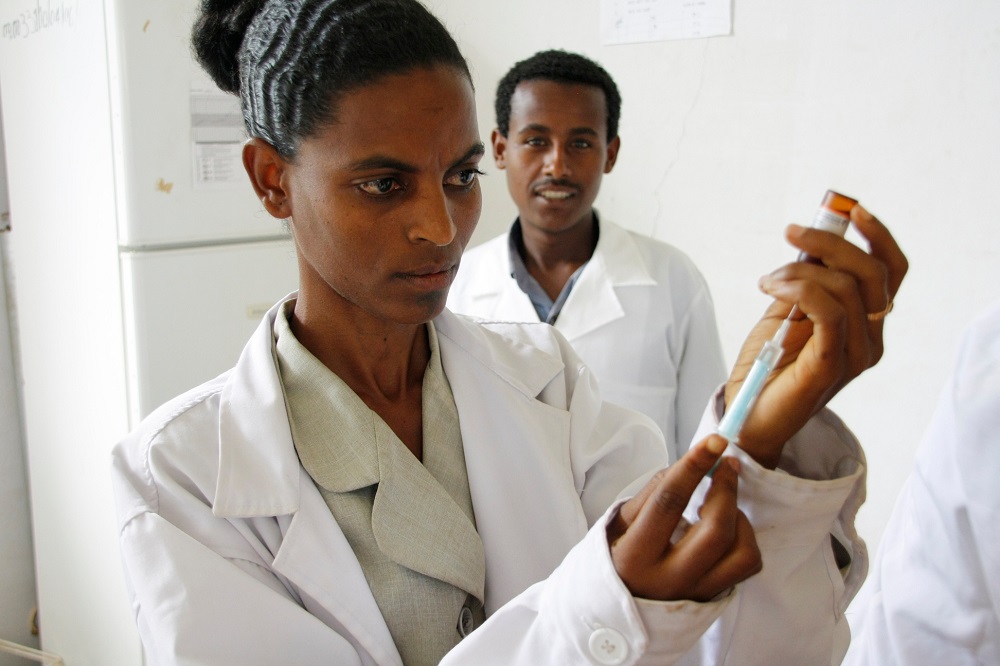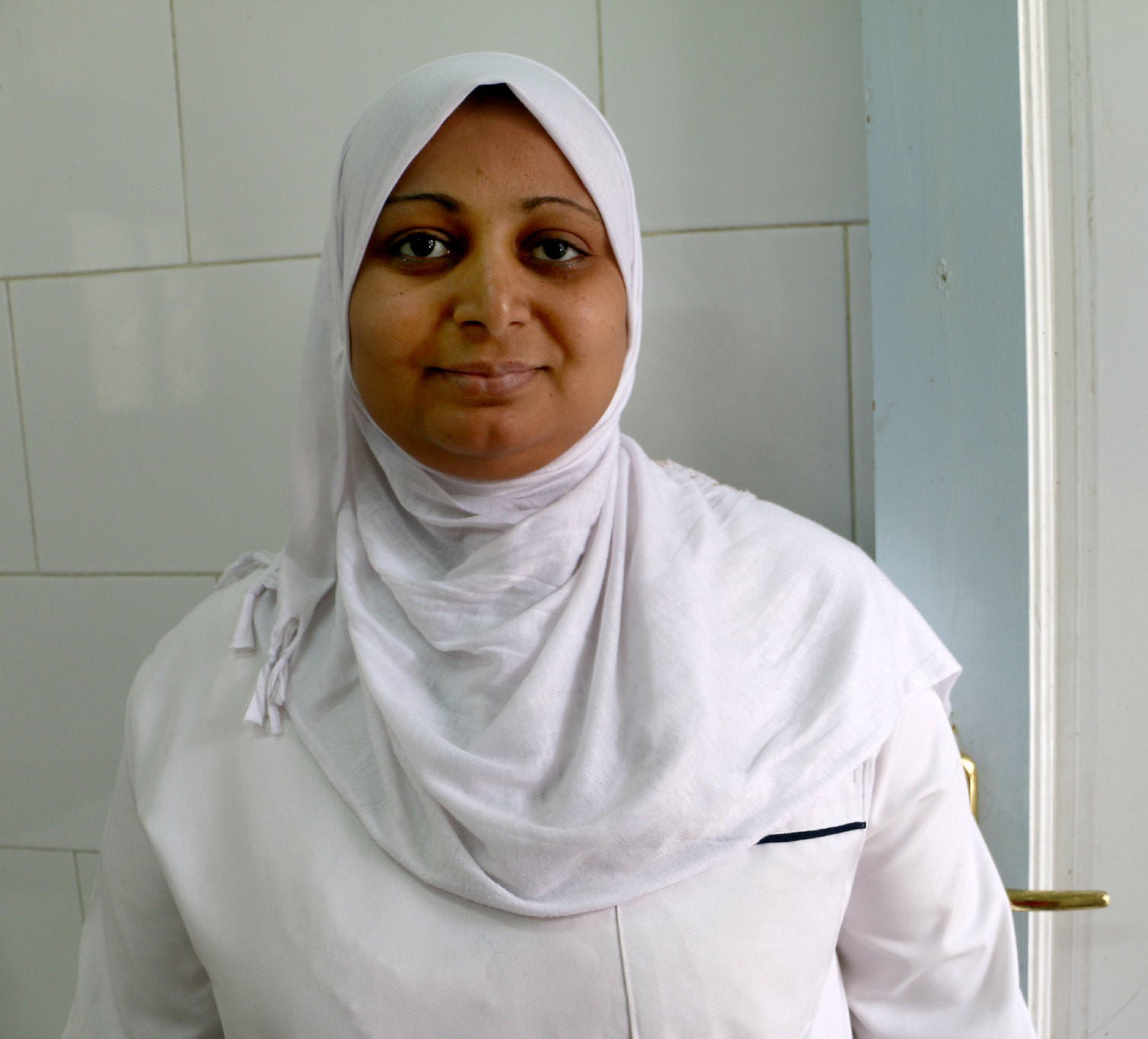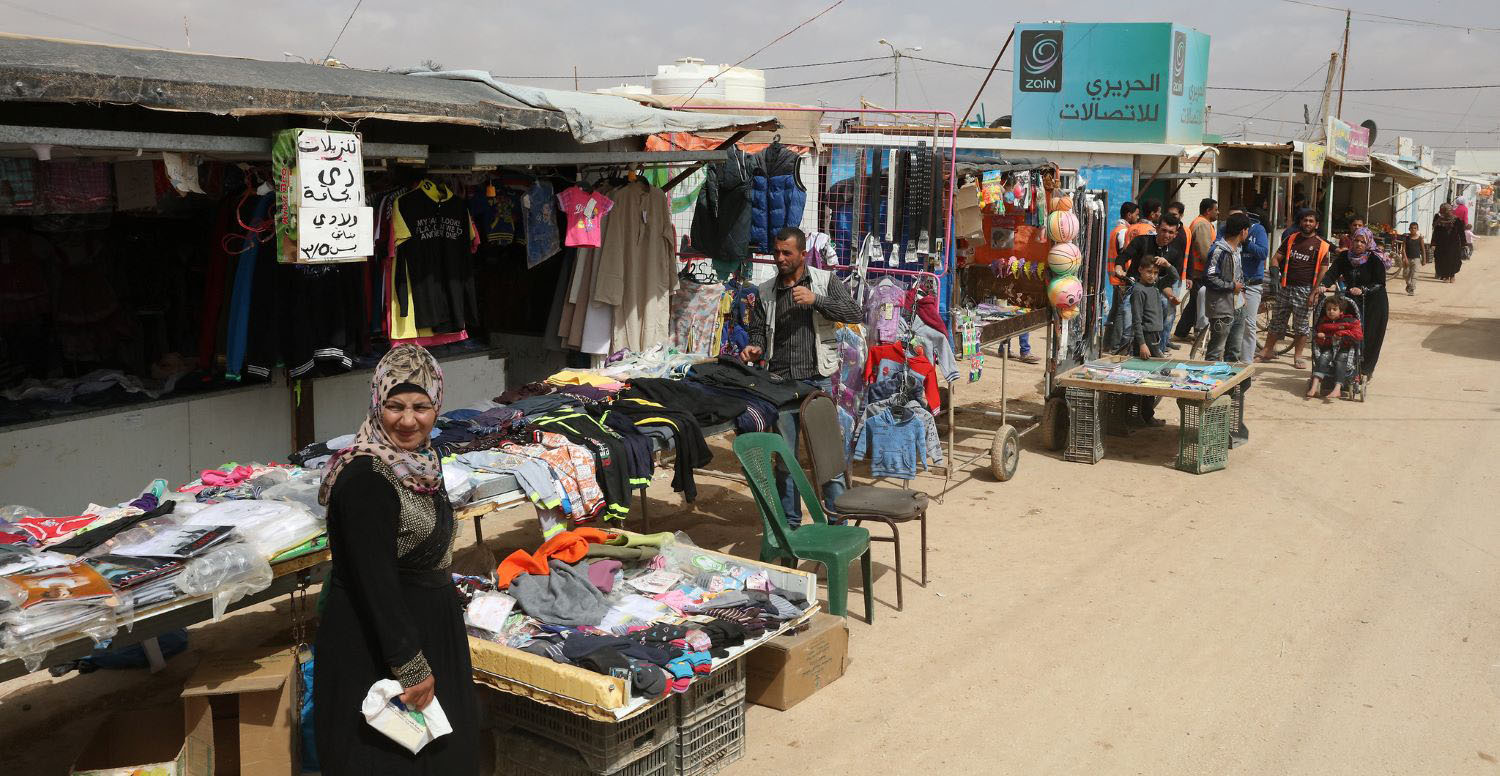Recommended
Last month, the World Health Organization (WHO) warned in a report that the UK faces a ‘ticking timebomb’ of nurse shortages. The UK currently has a shortage of nearly 47,000 nurses in the NHS, and lags behind European peers in both the number of nurses relative to the population, and the pipeline of nurses entering the workforce.
The timebomb may be set to go off soon: the Royal College of Nursing (RCN) and Unison, the workers’ union, are currently concluding a ballot regarding possible strikes. These strikes are justified in part on the grounds that working conditions in under-staffed hospitals are too onerous and should be rewarded with higher pay (which it is proposed would attract more entrants to NHS work).
The RCN general secretary points out that the UK’s nursing workforce faces a wave of retirements with too few nurses entering the NHS from domestic training pipelines to replace them.
The shortage of nurses is a major challenge to Britain’s health and its economy. Longer NHS waiting times have now resulted in the number of workers economically inactive due to illness reaching a record high, while many sick (up to 10 percent of the workforce) continue to work. Analysis by the Financial Times suggests that this is having a material effect on the UK’s economy.
Alongside strengthening the domestic pipeline of nurses, migration could help end the shortage. The NHS already benefits enormously from migrants. In 2022, 113,579 nurses on the permanent register of medical professionals had initially registered from outside the UK, an increase of approximately 66 percent since 2017-18.
To support overseas recruitment, the UK has signed government-to-government nurse recruitment agreements with Malaysia, Kenya, Nepal, Sri Lanka, and the Philippines. These agreements allow British people to benefit from the skills of nurses who would otherwise not be here; they provide foreign nurses with the opportunity to earn a better salary in the UK; and they ensure that countries of origin do not unjustly face healthcare shortages through excessive emigration of skilled nurses. The UK has endorsed the WHO Global Code of Practice on the International Recruitment of Health Personnel, committing it to ethical practices avoiding negative effects on source countries and individuals who migrate.
The benefits to migrant nurses of working in the UK are enormous, as CGD’s Helen Dempster has observed. The average nursing wage in Nigeria, for example, is approximately £134 per month, versus £2,150 in the UK. Higher wages can also benefit the migrant’s family through remittances sent back to their country of origin. For the country of origin, these remittances, and the possible return of a skilled and experienced nurse in the future, are very helpful.
But a larger recruitment pipeline is required. To ensure that pipeline benefits the UK, migrants, and sending countries alike, it should involve support for training of nurses in countries of origin. This model is known as a Global Skill Partnership (GSP). Under a Global Skill Partnership for nursing:
- the UK gains much-needed skilled nurses, typically at a cheaper cost than if they had been trained in the UK;
- the sending country benefits from nurse training that covers more students than migrate, increasing the number of trained nurses at home;
- those trainees that chose to migrate to the UK see significant income gains, and provide remittances to their home countries.
Michael Anderson, Caitlin McKee, and Theodore Talbot’s analysis of a possible GSP with Malawi suggested that, at 2016 prices, the training of four cohorts of 100 nursing students over four years, followed by migration to the UK, would have generated economic benefits of £60.4 million. Germany has already undertaken a similar programme, placing over 4,500 nurses in its hospitals as of 2021. Other Global Skill Partnerships have been piloted—and more are in the works.
A bill obliging the UK to train two sending-country healthcare workers for every worker recruited to the UK was proposed by Andrew Mitchell, the new Minister for Development, when he was a backbencher. We think a Global Skill Partnership is the best way of achieving this. Hopefully Mitchell’s cabinet colleagues will take it up as a solution that is affordable, fair and tested; offering a long-term fix that is good for Britain and the world; and helping to make the NHS work better for staff and patients alike.
Disclaimer
CGD blog posts reflect the views of the authors, drawing on prior research and experience in their areas of expertise. CGD is a nonpartisan, independent organization and does not take institutional positions.








